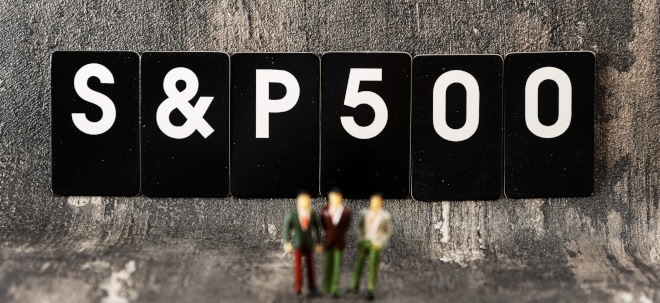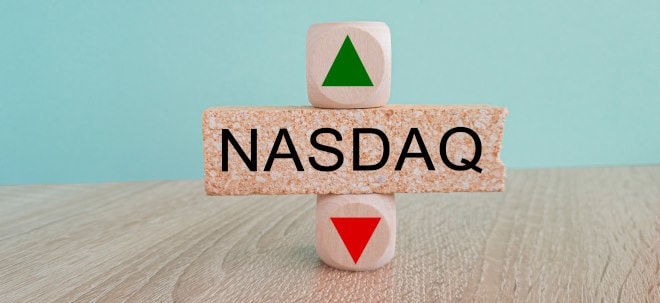Quelle ist die Homepage von ADX Jahresbericht von 2023
ADX RENEWABLE ENERGY PROJECT FORMATION
Electricity remains ADX’ highest operating expense at the Vienna Basin Fields. Despite the re-balancing in the European
electricity market over the past 12 months, wholesale electricity prices in Austria remained elevated throughout 2023
trading at a significant premium to historical average prices (prior to the invasion of Ukraine by Russia in February 2022) and
look set to remain high according to the futures market.
It is ADX’ long-term plan to make the Vienna Basin Fields a multi-energy hub combining low emissions oil and gas production
operations, renewable energy production and hydrogen storage activities.
During the period, ADX has also undertaken a feasibility review of the GMU geothermal project which is feasible and
potentially commercially attractive due to increased energy prices. The combination of oil and gas targets overlying a
potential geothermal target reduces risk. We are seeking a partner in this project.
ADX remains committed to these projects in the longer term, however, due to capital and skills constraints during the period,
ADX has prioritised oil and gas activities at a time when Europe and particularly Austria are seeking domestic sources of
energy supply.
VIENNA BASIN HYDROGEN PRODUCTION AND STORAGE PROJECT
Work undertaken on the Vienna Basin Solar Project over the Period has demonstrated that there are strong synergies for
the Vienna Basin Hydrogen Project. These include the creation of a monetisation route for green electricity due to grid
injection limitations and having access to a cost-effective feedstock allowing the production of premium green hydrogen
compliant with standards applicable to the mobility sector.
ADX has therefore commenced during the period the evaluation of a green hydrogen early production scheme (Green
Hydrogen EPS) using a small-scale electrolyser with a capacity of ≤ 250 kW. The Green Hydrogen EPS would allow ADX to
produce green hydrogen using as feedstock electricity generated from the Vienna Basin Solar Project and generate early
revenues focusing on the mobility sector (which attracts higher prices due to product scarcity).
The next phases of the Vienna Basin Hydrogen Project would remain as follows:
a pilot phase with a 2.5 MW electrolyser capacity able to produce approx. 370 tonnes of renewable hydrogen; and
ADX ENERGY LTD
OPERATIONS REPORT
- 25 -
a scaleup phase whereby the electrolyser capacity will be upgraded to 30 MW resulting in a renewable hydrogen
production capacity of 5,200 tonnes per annum.
Timing of the Vienna Basin Hydrogen Project implementation is dependent on the upgrade of the electricity grid to be able
to access sufficient renewable electricity to feed larger size electrolysers.
ADX is also awaiting further regulatory advances in relation to renewable gases which will provide more offtake certainty
required for project expansion. Austria has committed to achieve climate neutrality by 2040 (as opposed to 2050 for the
European Union) and is considering the introduction of a mandatory quota for renewable gases (similar to mandatory
blending of biofuels in gasoline and diesel). If implemented, such regulation would provide a strong legal and commercial
framework for renewable hydrogen production.
VIENNA BASIN SOLAR PROJECT
ADX undertook during the Period further evaluation of various photovoltaic (PV) plant configurations for the Vienna Basin
Solar Project taking into consideration that electricity injection into the local grid is limited to up to 300 kWh per connection
point.
The implementation of the Vienna Basin Solar Project would allow ADX to become a renewable energy producer within 12-
15 months from final investment decision. Initially, the most attractive configuration is a solar plant with a capacity of 1
MWp at the Gaiselberg site (combined with battery storage) and solar plant with a capacity of 0.35 MWh at the Gösting site.
The capacity of the solar plant at the Gaiselberg site could be upgraded to 2.5 MWp over time to provide more feedstock
for the Vienna Basin Hydrogen Project.
Potential layout of the PV panels at the Gaiselberg site (approx. 1 MWp)
These solar plant configurations could provide cost-effective electricity supply for the Vienna Basin Hydrogen Project with
an all-in cost estimated at EUR 40-65 per MWh which is below current wholesale electricity prices in Austria. |


 Thread abonnieren
Thread abonnieren

